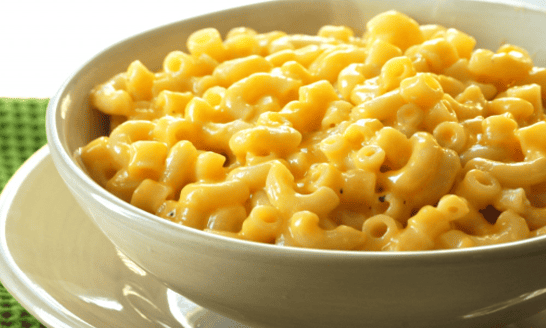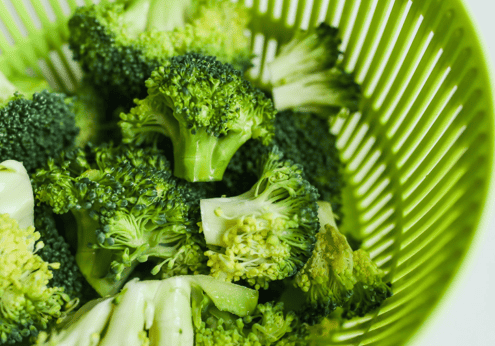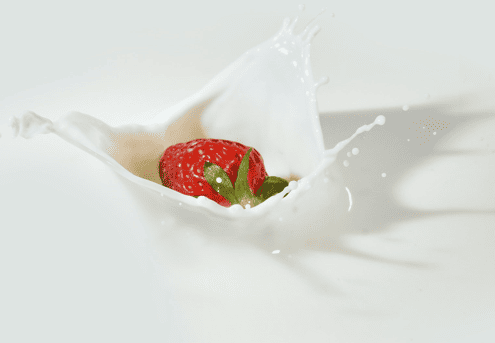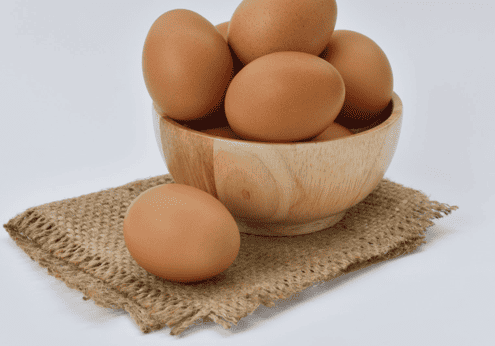Learn About Vitamins and Supplements Driving Beauty Innovation

Interestingly, there is a link between diet and beauty. There has been much research conducted in this area. People now dread illnesses for different reasons. Apart from the overall damage to health, people now fear that illnesses will rub them of their beauty.
We live in a society where people shame other people for looks, so they try all they can to look good. This means that more focus is placed on health these days. This beauty-influenced health-focused lifestyle has created many have created new habits in people.
These new habits are influenced by the information gaps between health, nutrition, and beauty that have been bridged. The reason for this is the result of the internet which has made information readily available for people. So, without prescription, consumers know about products that can help them maintain their health and, in turn, their beauty. So, instead of the old reliance on face washes, face masks, creams, ointment, etc., people now turn to vitamins and supplements. These allow them to be healthy and youthful.
Working with in-house beauty researchers at professional paper writers, we have researched the top vitamins and supplements driving beauty innovations.
Vitamin and Supplements driving Beauty Innovations.
These vitamins and supplements have the twin functions of helping people feel good as well as look good. However, consumers have always equated looking good as feeling good. They believe and take their good looks as a sign of being healthy. Beauty experts writing for buy dissertation uk find consumer view to be myopic.
The consumer view is incomplete as the definition of health has been expanded. Instead of looking good alone, the definition of health has now included psychological health, feeling optimal, and sleeping adequately. Even with data to support the expansion of health, we still have about 54% of consumers who believe beauty is health. Also, we have 47% thinking having a healthy appearance means being healthy.
Vitamin A
Vitamin A is a consumer favorite, and it is everything consumers crack it up to be. Vitamin A is a skin wizard. It protects and heals the skin. So, you would have great skin when you consume food rich in vitamin A such as sweet potatoes, green, orange and yellow vegetables, fruits, eggs, and cod liver oil. Foods rich in vitamin A help cure brown spots, tames the growth of wrinkles, etc. It also helps smoothen the skin roughness. In addition, it enables the skin to be elastic by enriching the elastic fibers we have in our skin.
The other name for vitamin A in the beauty industry is retinoid. So, supplements and beauty products rich in retinoid would perform similarly to those rich in vitamin A mentioned above.
Vitamin B-complex
According to the research conducted by beauty enthusiasts at buy essays online, this vitamin is what you call a pack of vitamins. Also, the vitamins are very thorough in what they do. Little wonder that they have found favor among consumers.
Vitamin A targets the skin when you look at its functions from a beauty perspective. Vitamin B-complex does so much more than that. It targets the skin, the nails, and the hairs. This pack of vitamin B is regarded as an antioxidant, and they keep the skin hydrated. Vitamin achieves this through biotin, which improves the level of Keratin in the body. Keratin helps in building collagen for the skin, thereby protecting it. Keratin is also good for the growth of the hair as it helps the hair grow longer and sturdier.
Apart from Keratin, there is Niacin (vitamin B3) which contains qualities that help brighten skin tone and hydrate it. Reportedly biotin also helps with hair growth and nail growth.
Food rich in vitamin B-complex are eggs, dark green vegetables, fish, red meat, milk and other dairy products, poultry, shellfish, kidney, and liver. You can also target supplements rich in vitamin B by looking for Keratin supplements, biotin supplements, etc.
Vitamin C
Vitamin C is a vital vitamin for our health as they help us build strong and vibrant immunity. However, apart from the health benefits we get, there are many beauty advantages with vitamin C. Vitamin C helps protect the skin from UV damage. It builds the skin to be healthy, youthful, and radiant. This vitamin improves collagen production, which helps make the skin firmer. Plus, the skin enjoys anti-inflammatory properties, which help to cure spots and acne marks. In addition, it clears free radicals, which have the potential to lead to cancer. Furthermore, these vitamins support communication between cells.
Food rich in vitamin C is yellow and red peppers, tomatoes, citrus, strawberries, green leafy vegetables, fortified, etc.
Vitamin D
When we get sunlight, our skin gets the necessary amounts of Vitamin D to have a more transparent and healthier skin. Vitamin D helps the skin from skin problems such as acne. It also has anti-inflammation qualities. Thus, it assists the skin to become smooth and soft. With enough vitamin D, wrinkles and skin roughness will disappear.
As much as it is easy to just stay in the sun to get vitamin D. In the United States, over 75% of their population suffers from a lack of vitamin D. Lack of vitamin D is bad for the skin and the body as a whole. Supplements and vitamin D can help bridge the gap, but the sun’s purest source of vitamin D. So as much as you eat vitamin D-rich foods and take supplements, it is better to find time to get sun exposure 10 to 15 minutes before noon.
Vitamin E.
Vitamin E is one vitamin that is present in abundance in different food sources. The vitamin works in concert with vitamin C to boost skin health. Vitamin E is described as a fat-soluble vitamin, and it contributes to the growth of collagen in the body. Vitamin E leads the charge against free radicals, which results in firmer and toned skin. Vitamin E is present in food sources such as vegetable oils, seeds, nuts, spinach, nuts, and asparagus.
bio:
Emily Harrinson is a top editor of a big company in London. She has edited for EssayMama and pay someone to do my assignment in Australia enthusiasts. Her hobby is reading books. But besides that, Emily is fond of sports and music. She is a very positive person
NutriFusion
NutriFusion develops all‐natural fruit and vegetable powders that are nutrient dense. They are an excellent source of nutrition and can be added or mixed with the foods. Or add ¼ teaspoon with juice, stir and drink.
Sourcing only whole, non-GMO foods, NutriFusion offers all ages a concentrated micronutrient and phytonutrient-rich food ingredient that blends easily. With a farm-to-table philosophy, NutriFusion’s proprietary process stabilizes the nutrients from perishable fruits and vegetables.
NutriFusion® blends help to reduce inflammation in our bodies.
NutriFusion can help! Visit us at www.nutrifusion.com. To order go to: https://sales.nutrifusion.com/




















